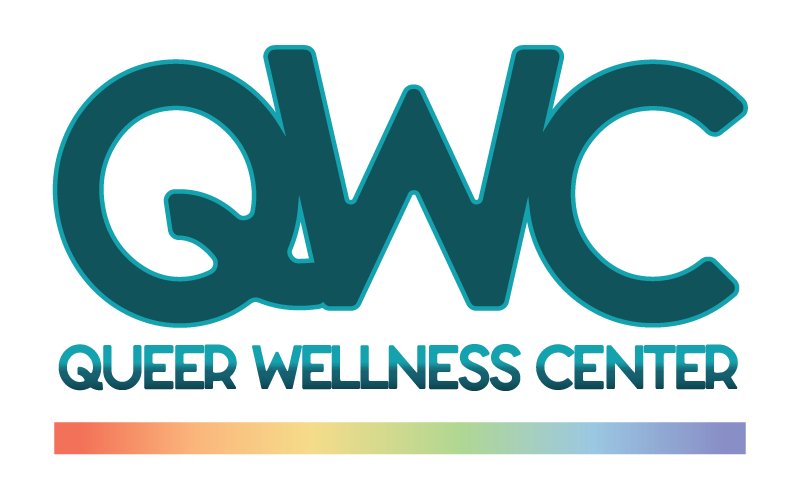What does being “affirming” mean?
With recent attacks in South Carolina on LGBTQ+ people such as the passing of gender affirming care ban and now the debate of lifting the conversion therapy ban happening in Columbia; we felt it only right to talk about why this such a dangerous time for LGBTQ+ folks and specifically for our youth. Cynthia Gordon (they/she), our AFFIRM SC director has written some wise words:
I was recently asked, “What do teaching providers mean to you and the community? And how does teaching inclusive practices and care make an impact?” I spent a lot of time reflecting on what I would say—what really matters, and what I want people to understand.
Then, just two weeks later, I learned that Columbia, SC is lifting its ban on conversion (or reparative) therapy, allowing churches and other organizations to use non-evidence-based practices that actively harm, hurt, and inflict violence on Queer people and their families.
And it hit me—this is it. This is why inclusive education matters. I just need people to KNOW.
I need teachers, counselors, pastors, social workers, friends, parents, grandparents—everyone—to KNOW. We are living in a time when Queer people (and other intentionally marginalized communities) are having their humanity questioned. And far too often, our communities don’t even know what’s happening until harmful policies are passed—and by then, it’s too late.
Affirm SC exists to educate professionals who work with Queer individuals—those who want to understand the real impacts and concerns facing our community. But it’s more than just a training program—it’s an echo chamber for awareness, reflection, and action.
Maya Angelou said, “When we know better, we do better.” When community members understand the mental, emotional, and systemic toll placed on Queer people, we become better equipped to support, to show up, and to challenge the biases that brought us here in the first place.
Inclusive practices taught through Affirm SC move us closer to understanding and meeting people where they are. And here’s the truth: you don’t need to be a professional to provide affirming care.
You can affirm your neighbor. Your child. Your friend. Every act of kindness and affirmation matters.
If you have a desire to learn more and support your community, whether you're a professional, a parent, a faith leader, a student, or simply someone who wants to make a difference—you are welcome here. Affirming care isn’t just a clinical practice—it’s a community responsibility.
And we would love to support you in that journey.
-Cynthia Gordon
